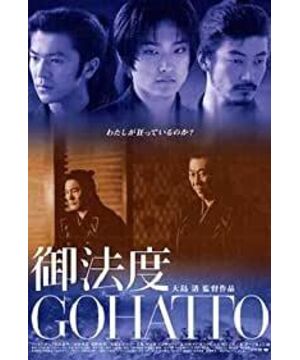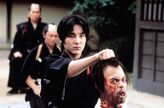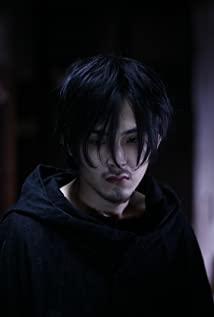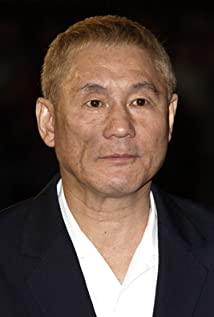Bushido is the soul of Japan's founding in the feudal era. Since the Kamakura Shogunate, Bushido has gradually established the principles of the heart that all Japanese samurai should follow. Compared with Western laws such as the British Constitutional Monarchy and the Napoleonic Code, Bushido places more emphasis on actions than words and deeds. Such actions should be carried out quickly and without hesitation. Bushido first recommends loyalty to the Lord's righteousness and filial piety, which is the soul of Bushido. So what is the real reason for the killing in Ghana? Because he was a samurai first and then a boy. And the lord’s order is related to the honor of his warrior. If he does not kill Tashiro, of course Kondo will choose another person to kill Tashiro, and Ghana himself will be killed for violating the laws. He will become unfaithful and be killed like a sinner. In the eyes of the samurai, life is worthless, at least life is too cheap compared to honor. And when he killed Tashiro, who really loved him, he became unrighteous again (and thus violated the laws). So he still must die. He and Tashiro died, but Fudo, the principle of the samurai's heart, was ostensibly maintained. In fact, perhaps both Tashiro and Ghana died in the mortal formation arranged by Kondo, and the shimmering sword in the formation is an unquestionable method of Bushido.
Kondo may love Ghana. So jealousy made him use the law to kill Tashiro. Why did Kondo kill Tashiro with Ghana? I think it seems to be explained by the death of St. John. King Herod's baby girl (morbidly) fell in love with St. John, and under the instigation of his mother, asked the father to ask John's head as the only gift of hope. When she kissed her bloody head, she must have felt very similar to Kondo.
Ghana may not love anyone. He tried hard to practice the loyalty of the samurai, but he seemed to go the wrong way. He lacks benevolence, he is not a qualified warrior. And until he died, he might think he was. Being a real samurai is not just killing people. Bushido requires straightforward gladiatorial fights instead of appeasement and insidious practices like Ghana has always adopted. Ghana used a trick to kill Tashiro. This was the moment when Okita was really sure to kill Ghana.
The only real samurai in the film is Okita. He has the element of a samurai that other characters do not have: benevolence. At the same time, Okita is typical and not chaotic (this can show that Okita is a real brave samurai). Compared with him, Ghana’s actions are undoubtedly dramatic, feminine, insidious, weak, and tragic. . His death in Okita's hands is really inevitable. Okita is a symbol of true masculine beauty, a true incarnation of Bushido, a representative of law, and a judge like a god.
And the earthwork as the observer may be the editor himself. The origins of Japanese Bushido are Buddhism, Shintoism and Confucianism. The Bushido spirit did not die out with the Meiji Restoration, but still dormant in the most secret and important place in the hearts of the Japanese under MacArthur's appeasement. He may have realized the lethality of Bushido from this entangled friendship and the game and conspiracy of law, so in the finale, he wielded a samurai-symbolized sword to cut off the cherry blossoms that symbolized Bushido. This is the editor's prophecy that Bushido will be destroyed by Bushido itself, maybe this whole film is just to illustrate this prediction? And everything else, are they props and don’t have to be real gimmicks?
It's amazing. Many Japanese films always leave a special feeling of incompetence in my heart. It seems painful but not painful, but gloomy and noble. It seems that there is always too much poignant beauty that makes people unable to let go.
--
View more about Taboo reviews











